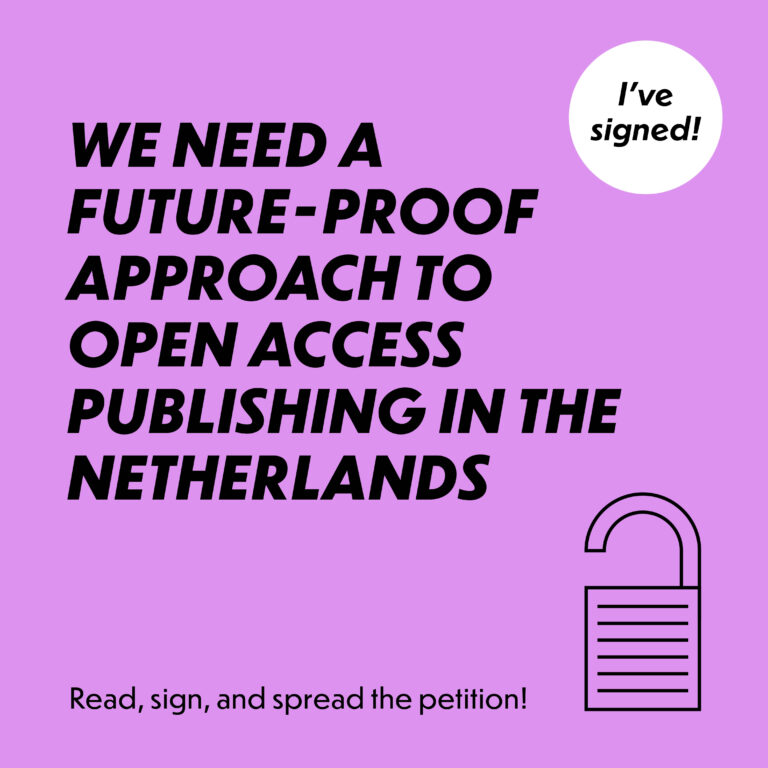Better Publishing
If you read my blog, it should not surprise you that I have long experimented with technologies to improve knowledge dissemination, for example in HTML. And I have blogged about publishing from an author and researcher, and editor perspective, for many years (see this longer list on my old blog). Also, in the Journal of Cheminformatics we pushed for innovation, including ORCID and GitHub adoption and Citation Typing Ontology adoption.
All of these depend on the publisher to support these efforts. But the big publishers are not good at this (see also doi:10.5281/zenodo.4926031https://doi.org/10.5281/zenodo.4926031) and/or prefer to make 20-30% profit first.
This opens room for innovative publishers. We have F1000Research pushing open peer review, and PenSoft pushing a new editor, Overleaf bringing collaborative online editing of LaTeX, [Qeios] experimenting with a wider range of output types, and the Journal of Open Source Software (JOSS) pioneering a more open platform for the whole editing process.
And, of course, we have Diamond Open Access publishers that do not get enough visibility, like SciPost and Beilstein for natural sciences and JOSS for open source.
Open Journal Systems
And there is the Open Journal Systems (OJS), another editor manager, one that has been around for some time now. We use OJS for the CDK News newsletter. Big news this week was that OJS has been selected as infrastructure to underping the Open Research Europe publishing platform, something running on F1000Research, bought up up Taylor&Francis in 2020.
I need to catch up with where the OJS is technically. Do they support Markdown submissions? Do they export JATS? Do they support CiTO annotations? But this needs editors and journals to expect these things. Unfortunately, many journals have a limited expectation of digitial knowledge dissemination, and it’s still PDF galore.
Better Publishing
This brings me to the following: should the Dutch universities continue to fund the publisher business, stakeholder profit, or should we invest in open infrastructure to benefit our own core business: research and education. I think you understand what my position is on this. The current big deals we have with the big publishers are not actually really in our benefit and with the upcoming defunding we have to use every euro carefully. And then I prefer to fund a young researcher instead of publisher stakeholders.
I hope you are willing the read the following petition to the Dutch negotiators to very carefully consider what their priorities are and who they represent. You can sign anonymously (if you fear backslash) and you can just read the details behind this well-written petition: there are many references at the bottom to support the statements I make here, and more.
But I really, really hope you wish a better future for knowledge dissemination. Just think of your next Reviewer 2, that you pay the publisher to have Reviewer 2 scold at you, or the time spent on reference formatting, just because the publisher prefers profit over usability.
Join and sign!
